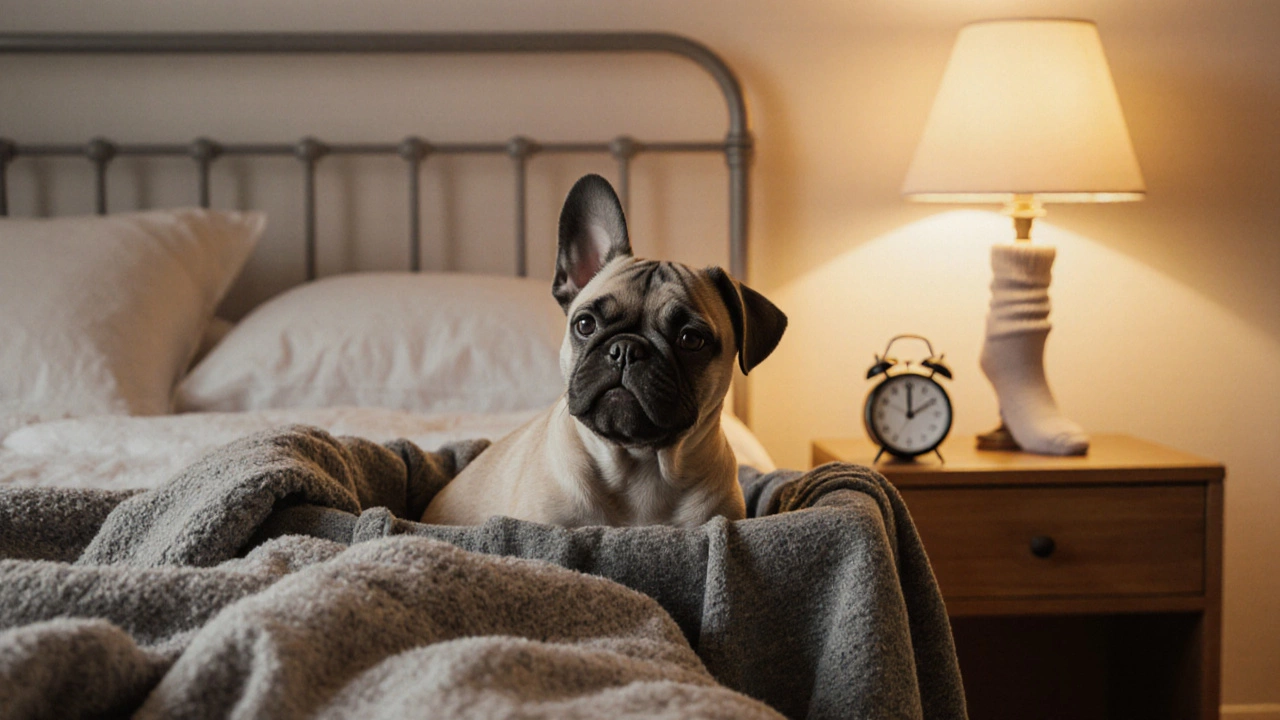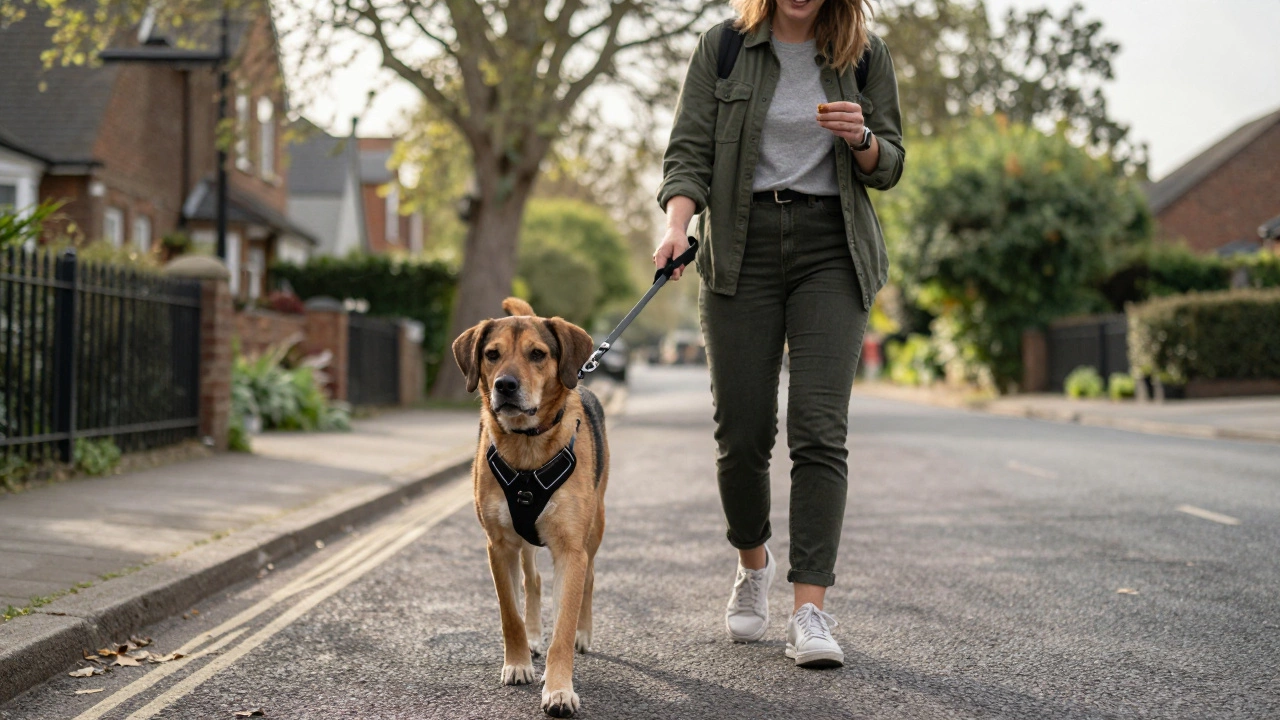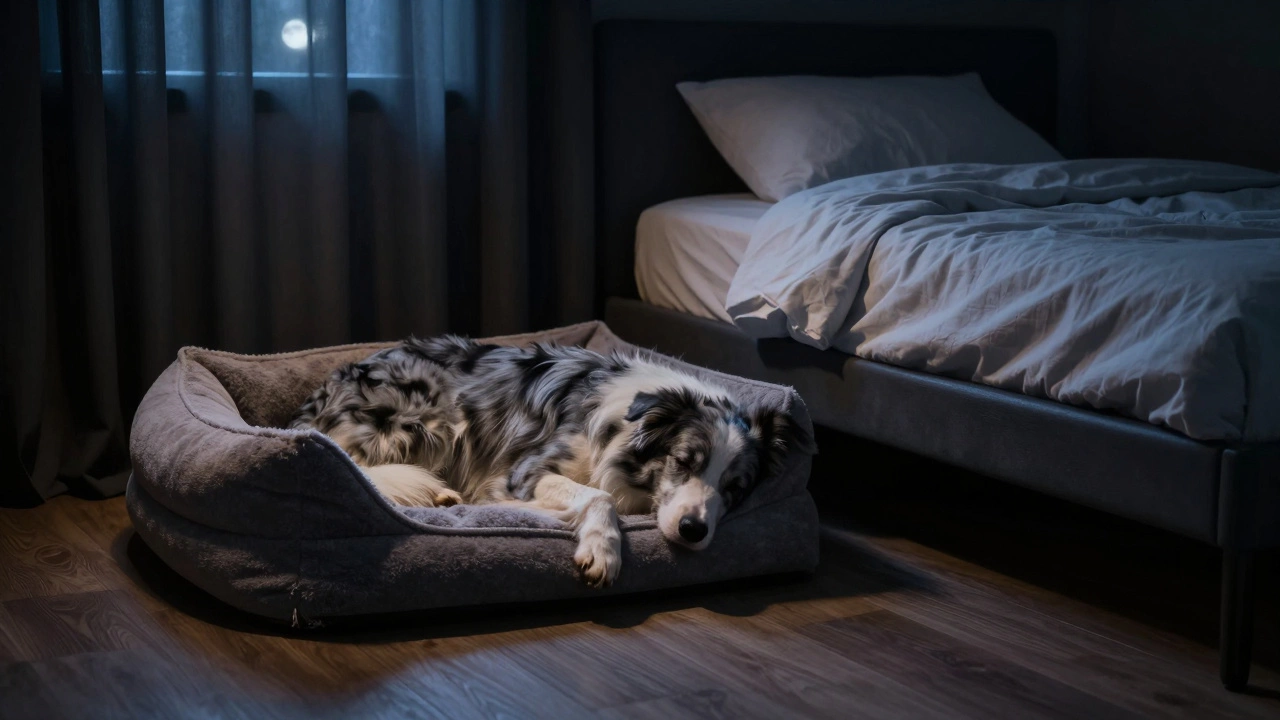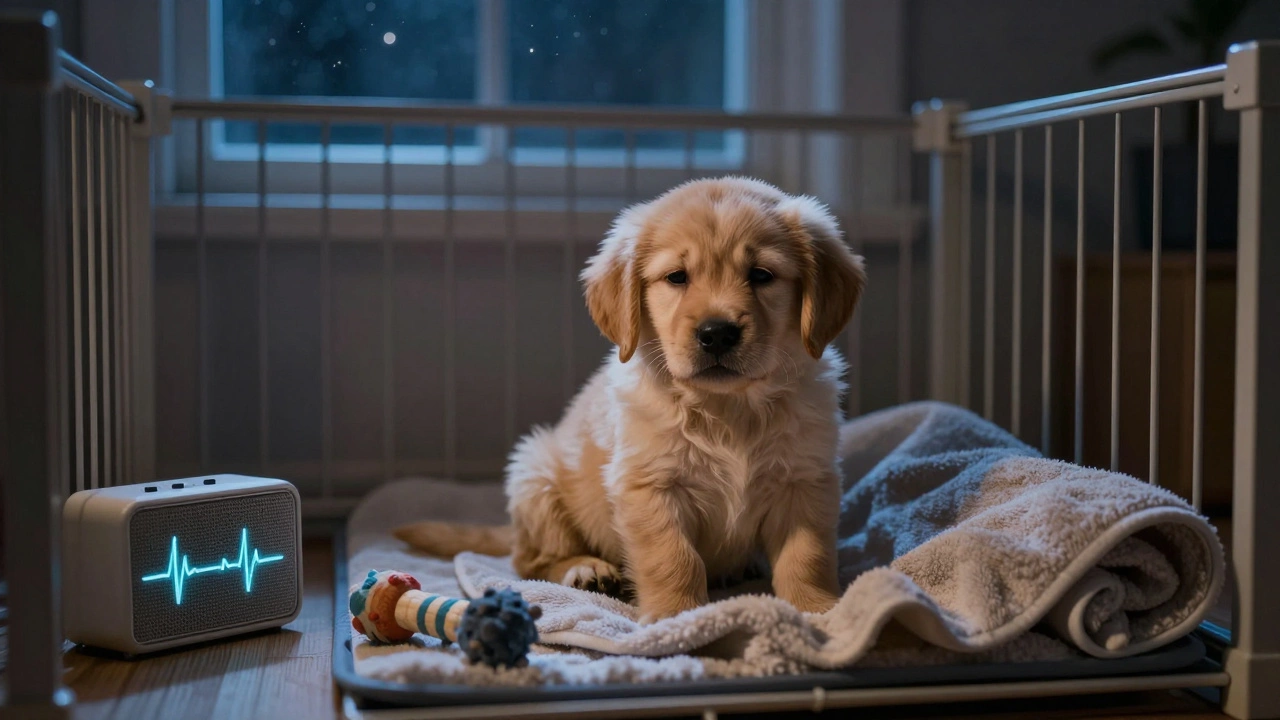New Puppy Tips: Essential Care, Training, and Setup Guide
Bringing home a new puppy, a young dog under 6 months old, often just 8 to 12 weeks old, needing constant attention and structured guidance. Also known as a puppy, it’s not just about cuddles—it’s about building a foundation for a calm, healthy, well-behaved dog. Most people expect wagging tails and cute naps. What they don’t expect? The sleepless nights, the chewed shoes, the accidents on the rug, or the panic when the puppy won’t stop barking at 3 a.m.
That’s where puppy proofing, the process of making your home safe and secure for a curious, chewing, exploring young dog comes in. An 8-week-old puppy doesn’t know boundaries. They’ll chew cables, dig up plants, and sneak into trash cans if you don’t block those paths. You need a safe zone—like a crate or puppy pen—with a comfy bed, water, and a few toys. Temperature matters too. Puppies can’t regulate their body heat well, so keep them warm but not overheated. And don’t forget the bathroom schedule. Puppies this young need to go out every 1-2 hours, even at night. Skipping this leads to accidents and bad habits that stick.
Then there’s puppy training, the daily practice of teaching basic commands, house rules, and social skills using positive methods. No shock collars. No yelling. Just patience and treats. Start with “sit,” “stay,” and “come.” Use short 5-minute sessions. Reward instantly. Consistency beats intensity. If you let your puppy jump on the couch one day and ban it the next, they’ll be confused. And don’t wait until they’re six months old to start. The first 12 weeks are the most critical. This is when their brain is wired for learning. Also, don’t skip socialization. Introduce them to different people, sounds, and surfaces gently. A puppy scared of vacuum cleaners or kids will grow into a fearful adult dog.
You’ll also need to think about puppy care, the daily routine of feeding, grooming, vet visits, and mental stimulation. Feed a high-quality puppy food, not adult dog food. Puppies need more calories and nutrients. Brush their teeth early—even if they only have baby teeth. Get them used to being touched all over: paws, ears, tail. This makes vet visits easier later. And yes, they need mental exercise too. A bored puppy is a destructive puppy. Chew toys, puzzle feeders, and short training games keep their minds busy.
What no one tells you? The emotional toll. You’ll feel guilty for leaving them alone, even for 10 minutes. You’ll second-guess every decision. But you’re not alone. Every new puppy owner goes through this. The good news? The chaos fades. The chewing stops. The accidents stop. The barking turns into a friendly bark. All because you showed up, day after day, with patience and a treat in hand.
Below, you’ll find real advice from owners who’ve been there. From setting up the perfect sleep space to handling nighttime crying, from choosing the right food to avoiding training traps. No fluff. No theory. Just what works.
Should You Leave a Puppy Alone on Its First Night?
Leaving a puppy alone on its first night can cause fear and long-term anxiety. Learn how to make the first night safe and calm without creating bad habits, and set the foundation for a confident, well-adjusted dog.






